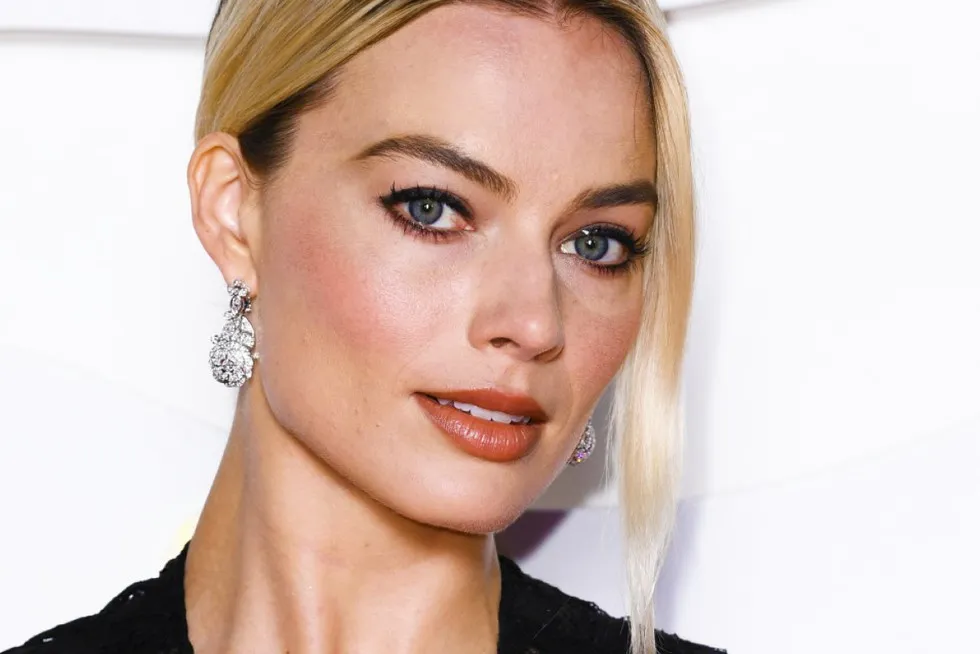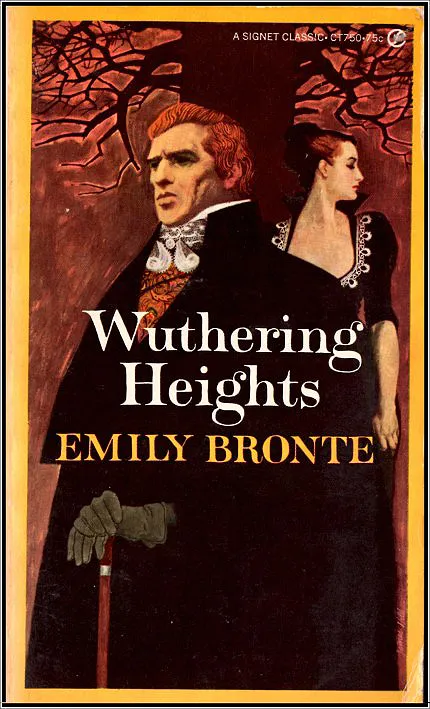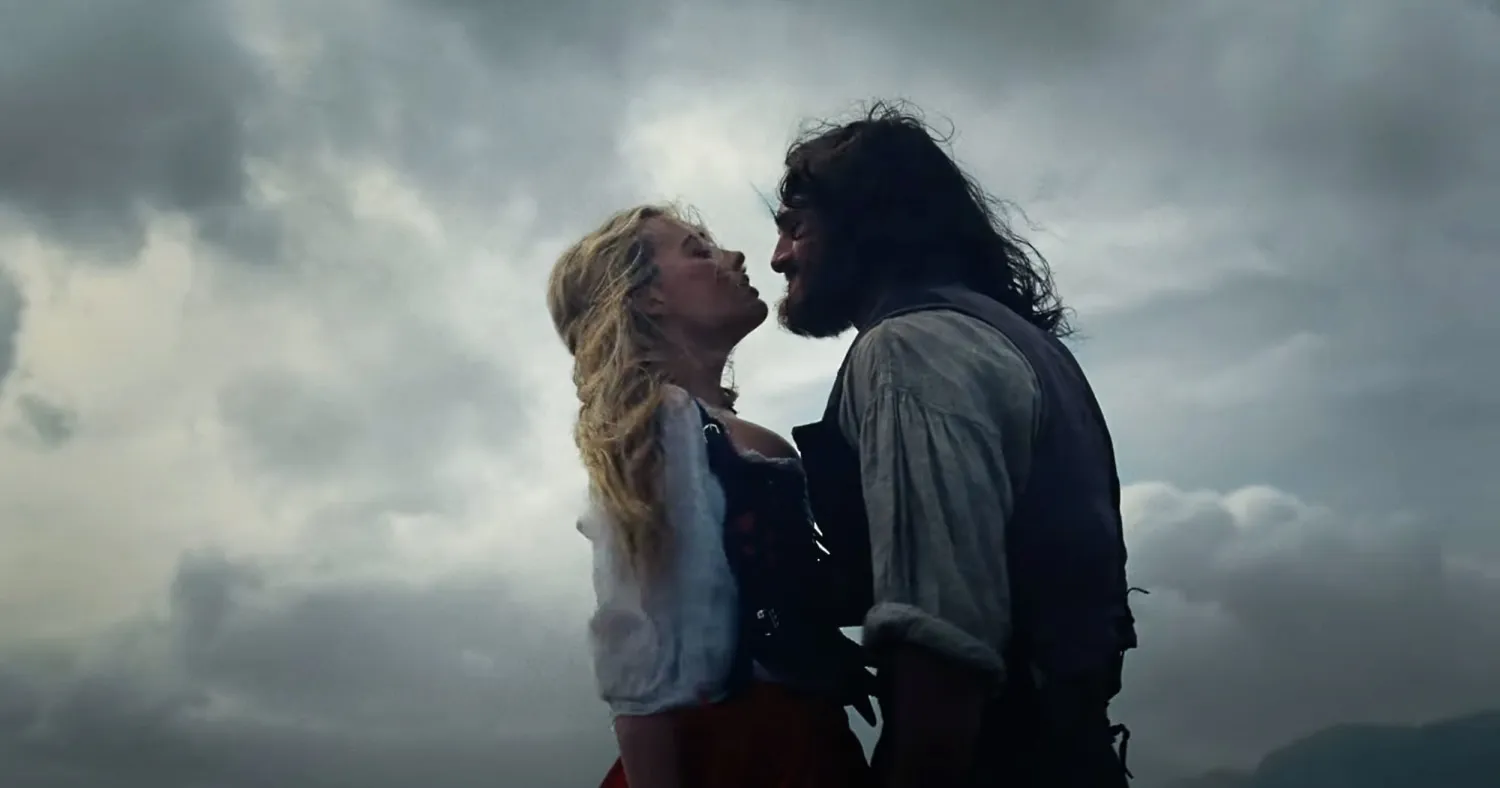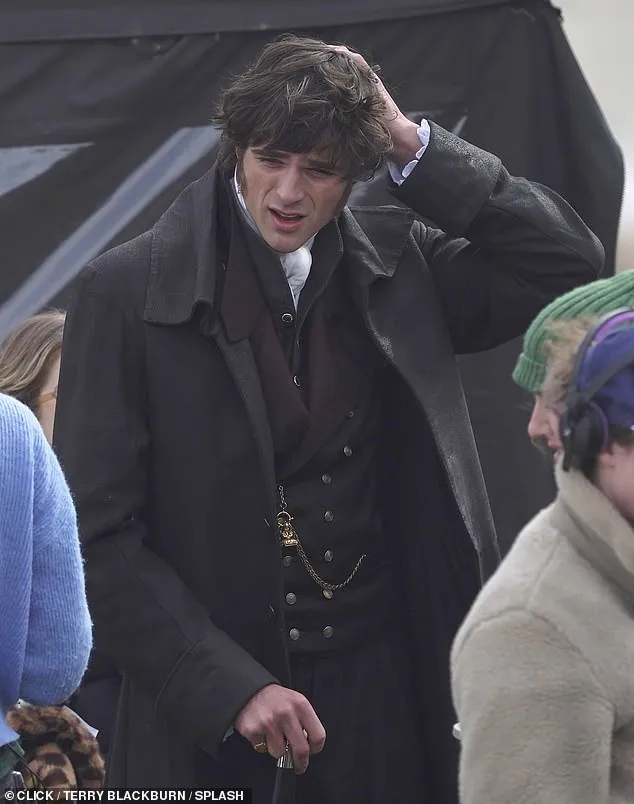

Why ‘Wuthering Heights’ Is Not a Love Story — But Hollywood and Margot Robbie Keep Pretending It Is
When most people think of Wuthering Heights, images of tragic romance and star-crossed lovers come to mind. The story of Catherine Earnshaw and Heathcliff is often sold as one of the greatest love stories in English literature. Hollywood has long perpetuated this narrative, marketing adaptations as sweeping romantic dramas full of passion, longing, and undying love. And now, with Margot Robbie set to star in a new adaptation, this framing is more prominent than ever.
But if you actually delve into Emily Brontë’s 1847 novel, you’ll discover that Wuthering Heights is far from a traditional love story. It’s a dark, turbulent tale of obsession, revenge, cruelty, and social conflict. So why does Hollywood insist on packaging it as a romance? And what does this say about our cultural appetite for certain stories? In this article, we explore the true nature of Wuthering Heights, Hollywood’s motivations behind its marketing choices, and what Margot Robbie’s upcoming portrayal might mean for the legacy of this complex work.

The True Nature of Wuthering Heights: Beyond Romance
At its core, Emily Brontë’s Wuthering Heights defies the simple label of “love story.” The relationship between Catherine Earnshaw and Heathcliff is deeply complicated — marked by passion, yes, but also by manipulation, cruelty, and a destructive desire for control.
Heathcliff is a character who embodies obsession and vengeance. His love for Catherine quickly turns into a bitter fixation that drives him to inflict pain on almost everyone around him. Meanwhile, Catherine’s own motivations are tangled in issues of social class and personal identity, as she chooses wealth and status over genuine affection.
This makes Wuthering Heights a story about toxic relationships and the ruinous power of unbridled emotions, rather than a fairy-tale romance. The moody, stormy Yorkshire moors — the setting for the novel — reflect this harshness, symbolizing the wild and uncontrollable nature of the characters’ inner lives.
Hollywood’s Simplification: Why Market It as a Love Story?
Despite the novel’s dark themes, Hollywood adaptations consistently market Wuthering Heights as a passionate romance. This is a strategic choice, driven by commercial interests and audience expectations.
Romance is one of the most marketable genres. Stories about forbidden love, heartbreak, and emotional intensity sell tickets and attract wide audiences. By framing Wuthering Heights as a love story, studios tap into a timeless appeal — even if it means glossing over the novel’s more disturbing elements.
With Margot Robbie attached to the project, this marketing tactic gains even more power. Robbie, a household name known for both her beauty and her acting versatility, draws attention from diverse audiences. Studios are incentivized to highlight the romantic angle to maximize box office potential.
The Danger of Romanticizing Toxicity
One consequence of Hollywood’s romantic framing is that it tends to romanticize toxic relationships. The emotional abuse, manipulation, and cycles of revenge that define Heathcliff and Catherine’s relationship are often glossed over or presented as “passionate love.”
This risks sending harmful messages to audiences, especially younger viewers who may not be equipped to critically analyze these dynamics. The notion that extreme emotional suffering is an essential ingredient of true love can perpetuate unhealthy ideals about relationships.
Emily Brontë’s novel, when read with nuance, offers a cautionary tale about the consequences of obsession and cruelty — not a blueprint for romance. Hollywood’s marketing simplifies these themes, sacrificing depth for the sake of entertainment.

Margot Robbie: An Opportunity for a New Interpretation
There is hope that Margot Robbie’s upcoming role in Wuthering Heights might herald a fresh approach to the story. Robbie has a track record of choosing complex, challenging roles that push beyond stereotypes — from her transformative portrayal in I, Tonya to her work as a producer championing female-driven stories.
If the filmmakers embrace the darker, more psychologically rich aspects of the novel, Robbie’s performance could shine a light on Catherine’s conflicted nature, exploring her strength, flaws, and contradictions.
A nuanced adaptation could challenge the audience to see Wuthering Heights not just as a romantic drama but as a profound exploration of human nature — with all its messiness and darkness.
The Cultural Appetite for Romance vs. Complexity
Hollywood’s tendency to simplify Wuthering Heights is also a reflection of broader cultural preferences. Romance stories are accessible, emotionally engaging, and familiar. They provide a clear narrative arc with recognizable tropes: love, conflict, reunion, or tragedy.
Complex psychological dramas about social class, obsession, and emotional violence are less commercially viable, often perceived as “difficult” or “unpleasant.” Studios must weigh artistic fidelity against box office success.
However, as audiences become more sophisticated and demand more layered storytelling, there is potential for adaptations that honor the full complexity of works like Wuthering Heights.
A Timeless Story, Reinterpreted Through the Ages
Wuthering Heights has been adapted multiple times for stage and screen, each version reflecting the era’s cultural and social values. Early adaptations focused heavily on romance, often sanitizing Heathcliff’s character to make him more sympathetic.
More recent versions have tried to restore some of the novel’s darkness, portraying Heathcliff’s rage and the toxic aspects of the relationship more honestly — though marketing still tends to favor the romance angle.
With Margot Robbie’s involvement, the latest adaptation has the potential to push this evolution further, presenting a story that respects both the emotional intensity and the moral ambiguity of Brontë’s masterpiece.

Conclusion: Seeing Wuthering Heights for What It Truly Is
Despite being widely marketed as a tragic love story, Wuthering Heights is a much darker and more complex tale — one of obsession, revenge, and the destructive consequences of unchecked emotions. Hollywood’s repeated choice to emphasize romance speaks to commercial imperatives but also shapes how millions perceive the story.
With Margot Robbie poised to bring Catherine Earnshaw to life once again, there’s a critical opportunity to break from convention and present a more nuanced, truthful adaptation. Such a version could spark renewed interest in the novel’s real themes and challenge audiences to rethink what makes a love story worth telling.
As viewers, it’s worth remembering that some of literature’s greatest tales resist simple classification. Wuthering Heights is not just a romance — it’s a wild, haunting exploration of human passion and pain, deserving of a portrayal that honors its depth.


















